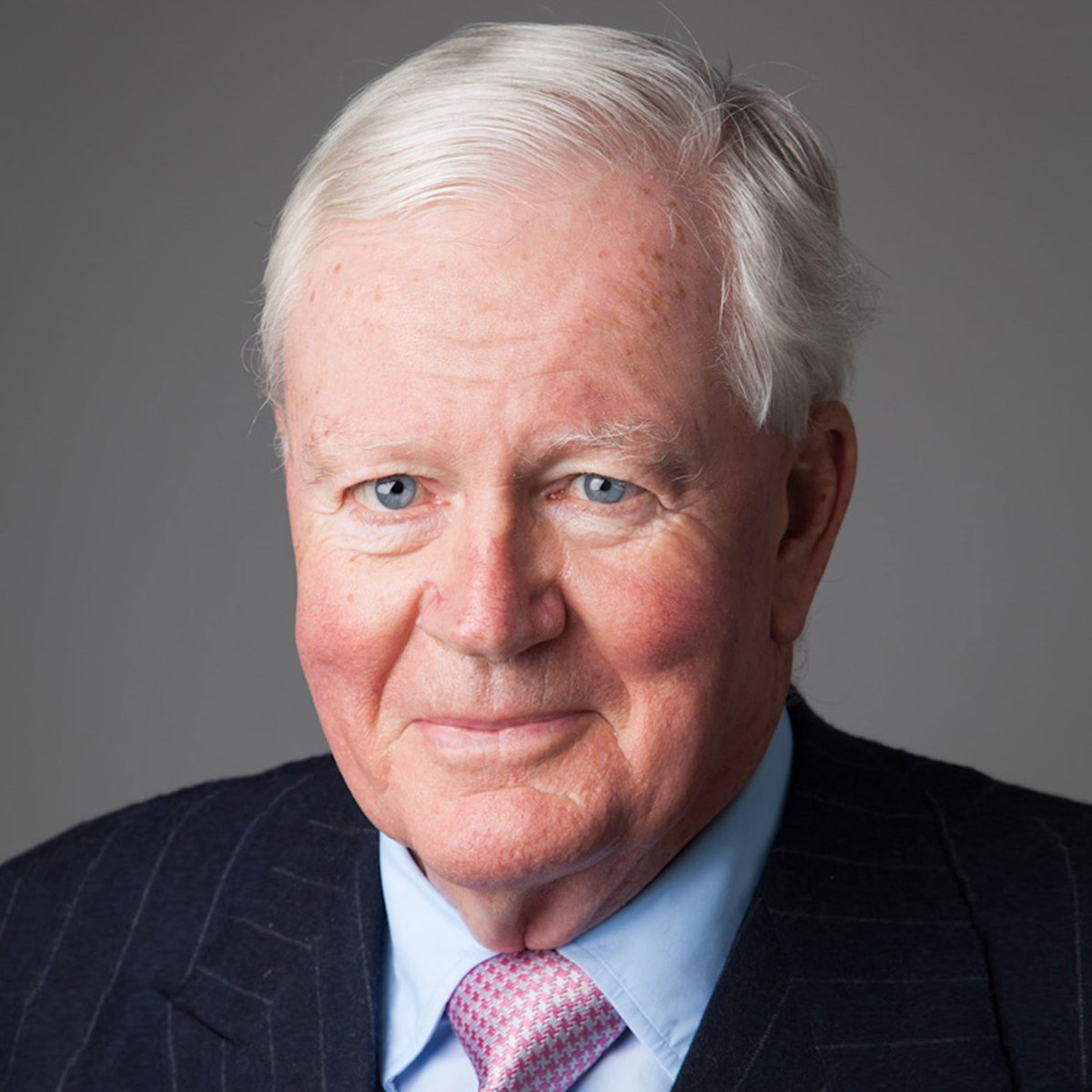Sir Win Bischoff was chair of the Financial Reporting Council and JP Morgan Securities plc. Earlier in his career, Sir Win was CEO and chair of Schroders, chair of Lloyds Banking Group and Citigroup Inc in New York, and a NED at Land Securities and Prudential.
Sir Win passed away on 25 April 2023.
What prompted you to have a career in finance?
I read Economics at university and, at the end of my degree, I didn’t know what to do. My father said he had come across many bankers in building his business and none of them seemed to be very good, and that I might be able to amount to something in banking. It was rather a back-handed compliment.
What changes would you make to UK boardrooms to make them more effective?
From a personal point of view, I’d continue the drive towards greater board diversity. I’d also encourage boards to pay more attention to Section 172 of the Companies Act and consider their responsibilities not just to their shareholders, but to the wider stakeholder ecosystem of a company’s employees, suppliers and society.
How can boards practically engage with their customers, workforce and the wider community?
Many larger companies have community engagement programmes and actively encourage their employees to get involved. For instance, they might have an employee day when 15,000 people around the world do something for their local community.
In terms of boards engaging with their workforce, some international companies have workers on their boards to ensure their voice is heard. In the UK this isn’t so common, so instead boards can host staff days with their workforce to have an open Q&A session. We do these at the FRC, where our chief executive brings staff together to let them know the progress we are making and they in turn have the opportunity to ask senior management questions. We also have a People Forum where elected members of staff represent their various divisions on any issues.
How have boards changed over the last few years?
There are two main ways. Firstly, boards are much more involved in the businesses they govern, which has meant that the number of hours they spend in a business has risen. This is a good thing, but it enforces the need to have really engaged non-executives at the table.
Secondly, executives are less involved on the board than they were in the past. We are moving towards the American model which usually has just one executive on the board — the CEO who is also the chairman. In the UK, we separate those roles, but in general we’re seeing fewer and fewer executives who actually run the divisions have a seat on the board.
When it comes to board information, what is your biggest bugbear?
When I think about board papers, the Oscar Wilde phrase springs to mind: “I didn't have time to write a short letter, so I wrote a long one instead.”
Volume is my biggest frustration. I know it’s tricky to keep information succinct, but often the board will receive the same papers that go to the executive committee — with an identical level of detail and expectation around technical understanding. This isn’t helpful and it’s certainly not conducive to board debate.
What is your proudest business achievement?
Against my better judgement, setting-up Schroders in Hong Kong in 1971. At the time, I didn’t really want to go, but I had a persuasive boss. I ended up being there for 12 years and if it weren’t for Hong Kong I never would have become CEO of Schroders aged 41.
How can government better support business?
By building trust in business and helping business become respected again. There is very little wider understanding of the good that business delivers and politicians reinforcing a negative view of the City does no favours for anyone.
Businesses create jobs and provide meaningful social interaction for workers, which is good for the human condition. After all, without gainful employment what would we do with ourselves? It also delivers significant financial returns to the government through tax on profits and the taxation of employees, which benefits society. At the end of the day, business is something government should champion, not chastise.
What book is on your bedside table?
War and Peace. I’m reading it for the third time and each time it’s different — you get something else out of it. It’s a stunning book.
What luxury item would you take to a desert island?
The largest compendium of opera CDs I could find and Kobbé’s complete opera book.
What is your golden rule?
There is no problem so large that it defies a solution.
Want early access to new features and research insights? Register for our newsletter to get notified before everyone else.
Be first to try


